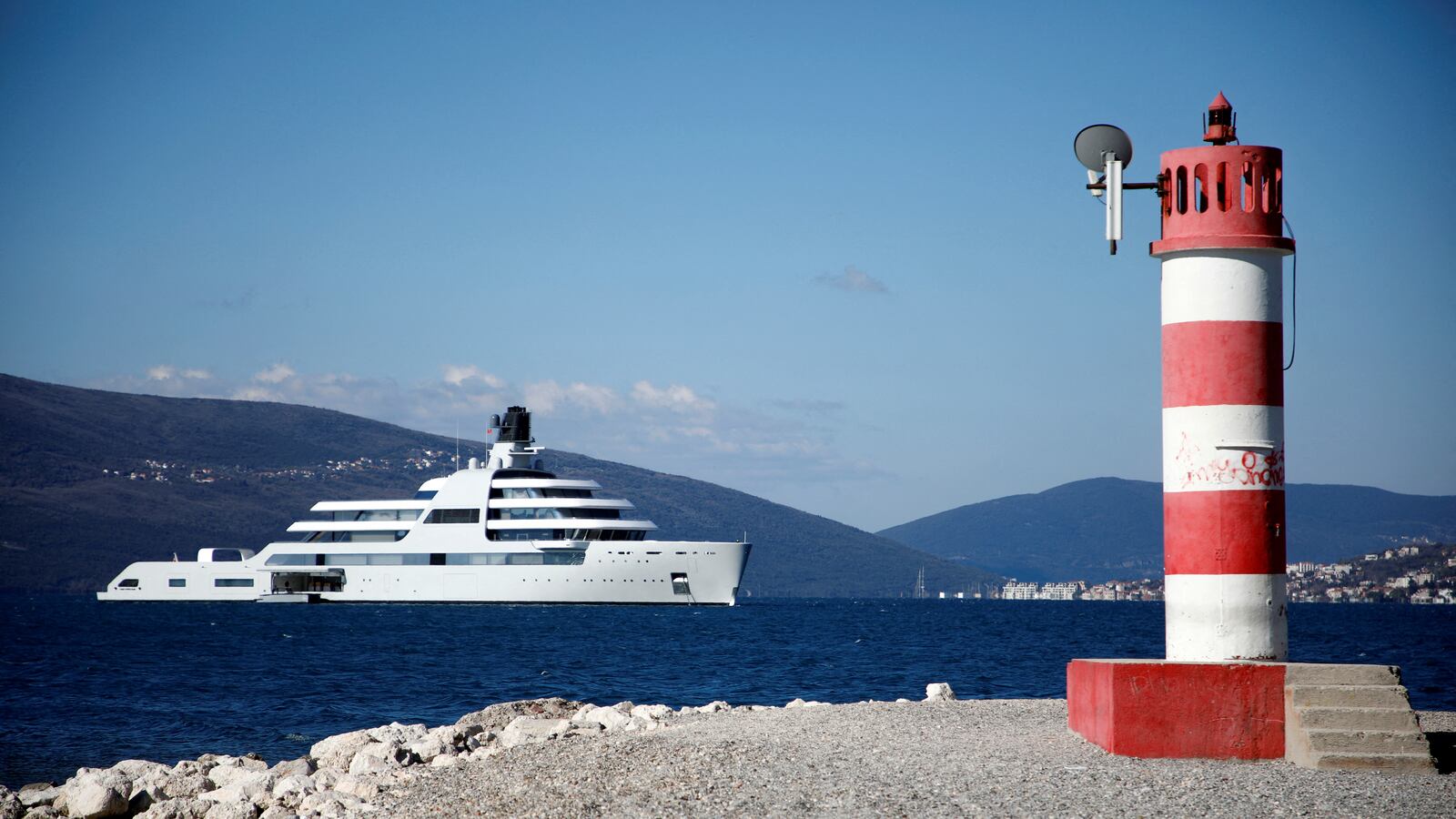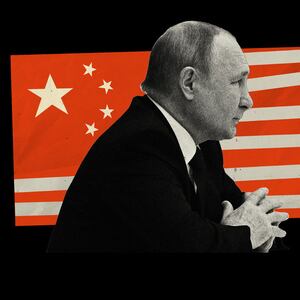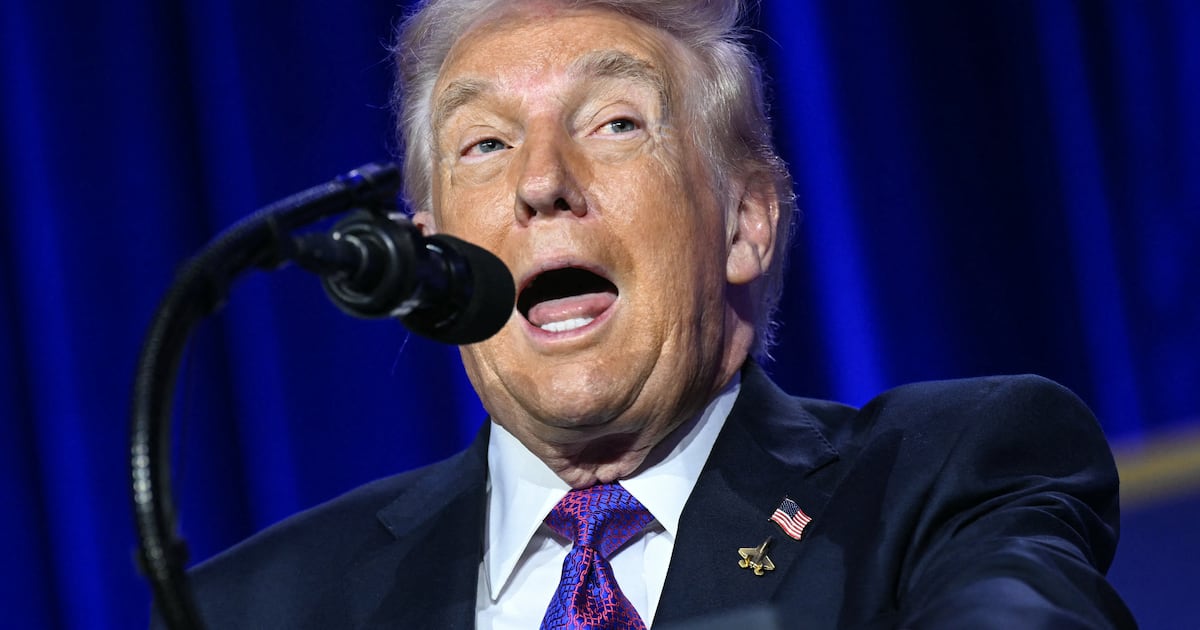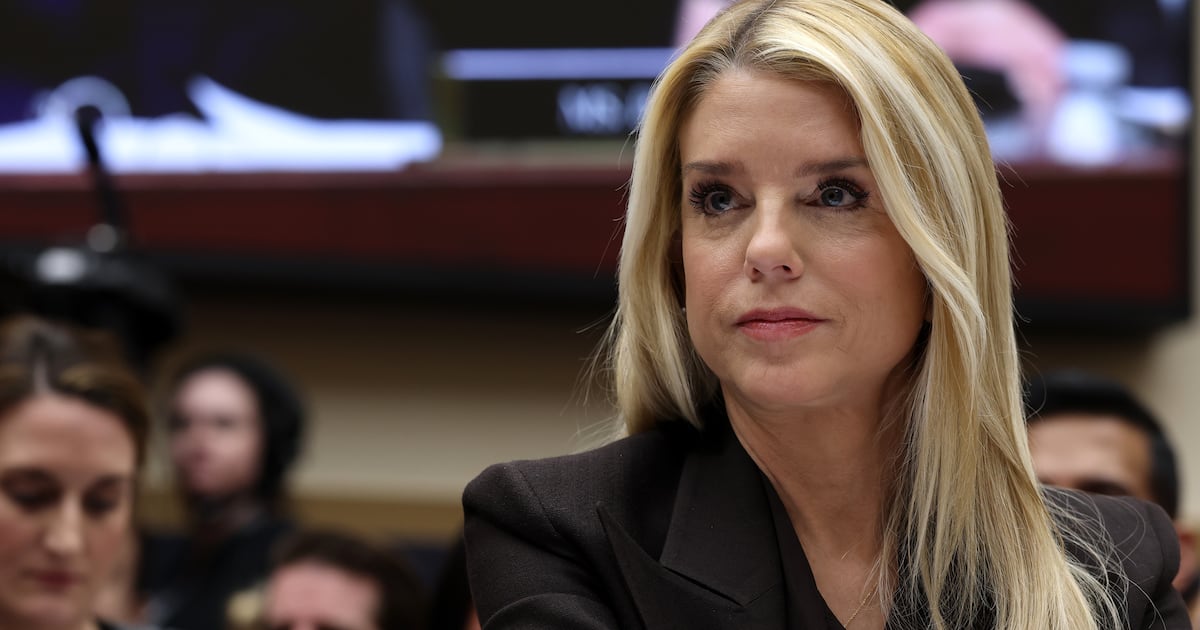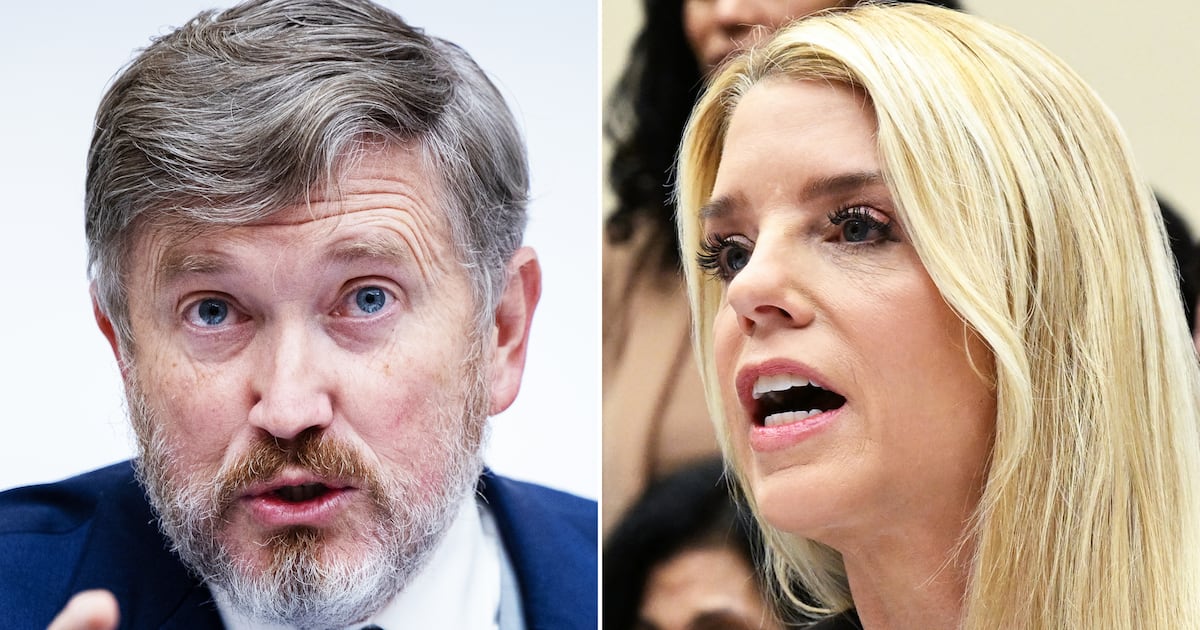As the men and women of Ukraine fight to protect their homeland from Vladimir Putin’s brutal invasion, another army has gone into battle on a very different front.
Western governments have quietly contracted multiple teams of “combat bookkeepers” to secure the estimated hundreds of billions of dollars worth of sanctioned assets the Russian president and his oligarch cronies have spent the past 22 years legitimately laundering through international capital markets.
The mission of these private-sector units of financial sleuths, who have offered their services at far below market rates and are in some instances working pro bono, is to uncover, value, dispose of, and then distribute the proceeds of what’s known as the Kremlin Ration.
Operating for now behind closed doors to shield themselves from becoming collateral damage in Putin’s war against Ukraine, these semi-clandestine groups, in consultation with global institutions such as the International Monetary Fund, the World Bank, and the G7 Group of Nations, are being deployed around the world, according to a Wall Street executive who manages one such team.
“It’s only a slight exaggeration to say we’re going after the assets of an Al Capone who has nuclear weapons,” said an independent investigator now scouring his market portfolio.
The individuals tapped to assist in busting Putin’s racket and help bring a swift end to his war against Ukraine are the spear tip of a newly created precinct of predictably slow-moving government law-enforcement agencies with Hollywood-friendly names such as the Russian Elites, Proxies, and Oligarchs (REPO) task force, and the Kleptocurrency Task Force.
One of the Putin money investigators offered up a tongue-in-cheek training video for recruits.
“There are lots of rumors, lots of disinformation,” an investigator says. “I live in the world of the factual, and right now we know $200 billion in Russian assets have been frozen and Russia’s GDP is $1.4 trillion.”
Investigators agree they’re a long way off from just how much money is involved. “The job is to stop the pain of the default,” says one Wall Street veteran, a specialist in the intricate and opaque offshore financial instruments Western leaders say Putin’s people use to hide their assets from public scrutiny.
Some of those looking to crash the curtain down on Putin and his regime have spent decades orchestrating the multi-billion dollar financial activities of entities operating inside the Kremlin Ration.
Their role reversal has little to do with redemption, but is deliberately calculated to assist in the hazardous business of defunding Putin's kleptocracy, mitigate the infection of Russian money on the global financial system, and rebirth the Ukrainian economy after the war.
“We are also concerned with assisting our foreign clients trying to reclaim lost assets,” says the member of one unit, drawing a fine line between past and present activities.
“Pre-war, many of those now involved in this process worked for legitimate and legally registered Russian companies,” another investigator adds.
Although many might find such distinctions meaningless nearly one month into Putin’s brutal war on the Ukrainian people, they do raise a thorny legal question in the event of any post-war litigation against Putin and Russian corporations; specifically, is a Russian company an independent entity or merely a subsidiary of Putin Inc. and liable for participating in war crimes against Ukraine?
For the moment, at least, those involved say the question is moot.
“Our only job right now is to help Ukraine,” says another Russian asset-hunter currently on a Caribbean island known for its guarded offshore facilities. “There is nothing else more important than that.”
One stalker says his firm in August 2021 conducted game theories on the various outcomes of Putin invading Ukraine. “Russia overtakes Ukraine; Ukraine resists; sanctions remain in place; Russia diminishes as a nation; the West’s resolve is galvanized,” he rat-a-tat-tats over a glass of grapefruit juice. “Two: Oligarchs and people suffer; they rid themselves of Putin, which is an amazing opportunity for growth and Russia comes back big. Three: Escalation to a broader European war.”
The preferred outcome is, “We work with the G7 to rebuild Ukraine. We start with schools, hospitals, roads, and rebuild the entire economy,” the systemic risk analyst adds. “I want that job.”
It’s anyone’s guess just how much of Putin’s rogue money is flowing through global financial arteries. Yet regardless of the final number, those committed to chasing and dispersing the assets to reconstruct Ukraine say the playbook for making it happen is already in place: Lehman Redux.
With the collapse of the financial services firm Lehman Brothers in 2008, the global financial marketplace tumbled into a period of grave uncertainty. Lehman had over $650 billion in consolidated assets and over $1.3 trillion in claims, including derivative contracts. The systemic shock was related to the uncertainty of losses and the recovery of assets. So the courts stepped in and, with outside help, maximized recovery value in the largest bankruptcy ever undertaken.
The wind-down and distribution of Lehman’s funds were legally conducted in a completely transparent manner. Such translucence is so far not on the horizon for the Kremlin Ration.

